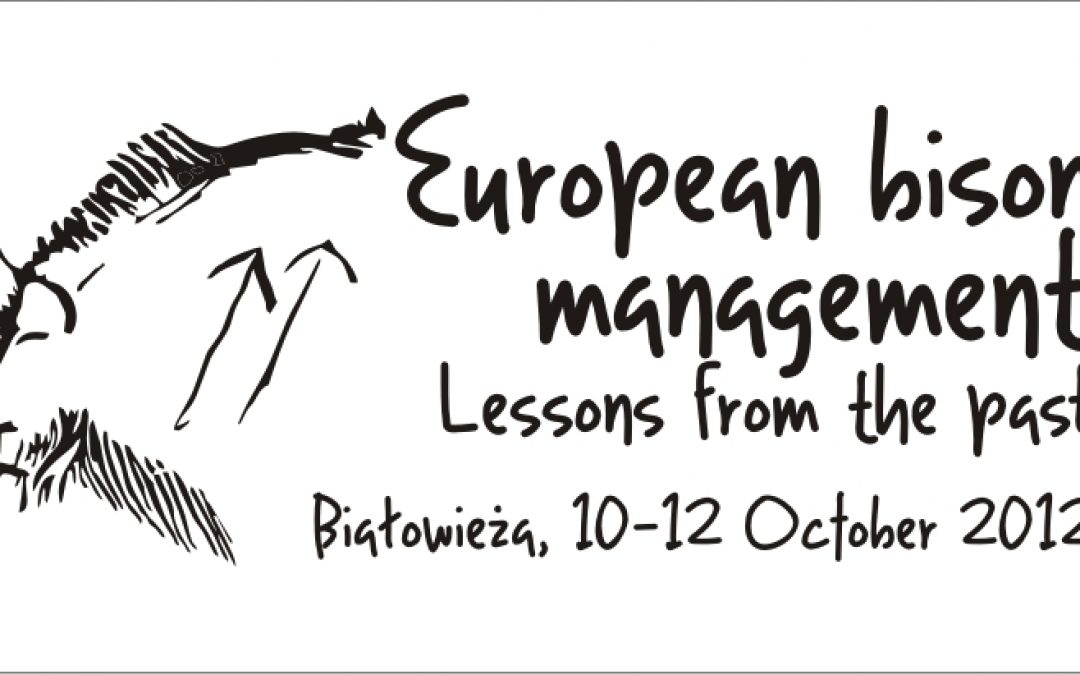International Conference:
European bison management – lessons from the past
10-12 October 2012, Białowieża, Poland
Organized by the Mammal Research Institute, Polish Academy of Sciences
funded by the European Union BIOCONSUS project
Organisation team
Scientific part: Rafał Kowalczyk, MRI PAS
Administrative part: Dorota Ławreszuk, MRI PAS
Aim of the conference
The European bison is the largest terrestrial mammal in Europe and a flagship species for nature conservation. It is also a relic of ancient times, and has survived where other large herbivores have gone extinct. Bison numbers are increasing following restoration in the wild, but the species faces several threats and is still endangered. In addition to isolation, low levels of genetic variability, and the small size of free-ranging bison populations, inappropriate forms of management based on traditional methods has been recognized as a major threat. Successful bison conservation requires collaboration among managers, researchers, and policymakers to develop science-based management. It also needs extended ecological knowledge to devise appropriate management regimes and to achieve the shared objectives.
The reintroduction projects that were started in western Europe during past years, and others that are being planned for the near future, need management guidelines which are based on ecological knowledge in order to assure the long term survival and development of free ranging bison herds. Our knowledge, especially on the past ecology of European bison and other large herbivores is still limited. The origins of Bison bonasus are under debate, and there are also numerous questions with regards to genetics and historic ecology of the species. Is bison a refugee species that was forced into forests as refugee habitat due to forest expansion and increasing human pressure? Would bison survival be possible without royal protection and forest management promoting this large herbivore? How much of the genetic variability of this species has been lost, particularly during the 20th century bottleneck of extinction in the wild? How adaptable are bison to changing environmental conditions? Answers to these questions may have strong implications for conservation management of contemporary bison populations. Thus, the research on past ecology of the species, including patterns of habitat use, diet and genetic variability, are essential for understanding bison evolution and may serve management of free-ranging populations.
The main goal of the international conference “European bison management – lessons from the past” will be to bring together established researchers working in the fields of ecology, paleobiology, genetics and conservation management, managers and policy makers to explore recent scientific discoveries and discuss challenges for future conservation management. The conference will also be an opportunity to establish collaborations and exchange experiences and knowledge.

